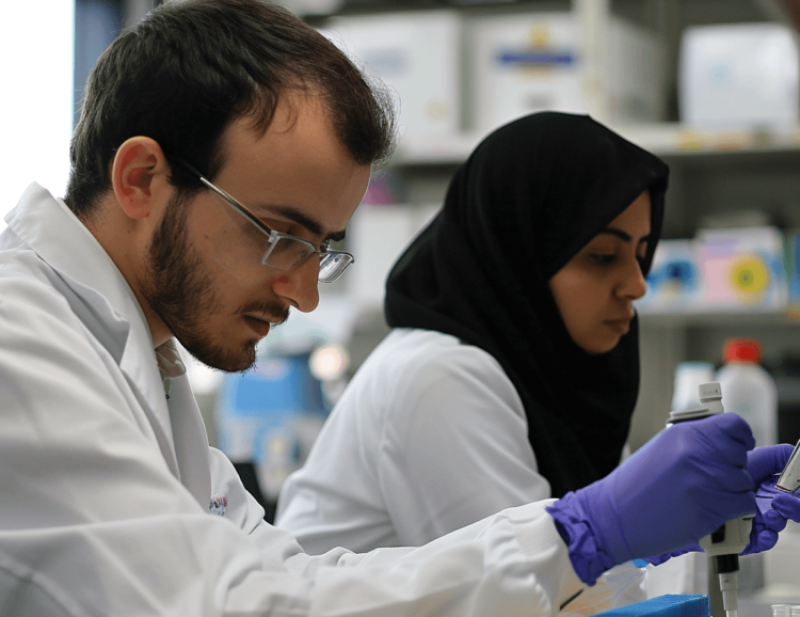As Muslims form a significant fraction of the world’s population, understanding Islamic perspectives is crucial for the biomedical industry.
Currently, the overwhelming majority of Islamic scholars agree that genome editing for human enhancement, eg, to amplify traits such as high IQ, athletic prowess, height and complexion is prohibited (haram). This would be tantamount to tampering with God’s creation (Taghyir Khalq Allah), as attested by several fatwas (Islamic religious rulings) issued by reputable Islamic organisations.
Nevertheless, germline genome editing to prevent genetic diseases still elicits some degree of controversy among Islamic scholars.
To resolve conflicting opinions, it is best to critically examine whether this is aligned with Islamic principles based on Qawaid Fiqhiyyah (Islamic legal maxims) that incorporates Qaṣd (intention), Yaqin (certainty), Ḍarar (injury), Ḍarurah (necessity), and Urf (local customs).
…
Because germline genome editing of human IVF embryos is not life-saving in itself but intended to save the life or health of a yet unborn future offspring, there is much less necessity and urgency as compared to curing patients who are affected by serious genetic diseases. Hence, it should be ranked lower in priority for public healthcare spending and Government-funded research, based on the Islamic concept of Fiqh al-Awlawiyyat (understanding of priorities).































